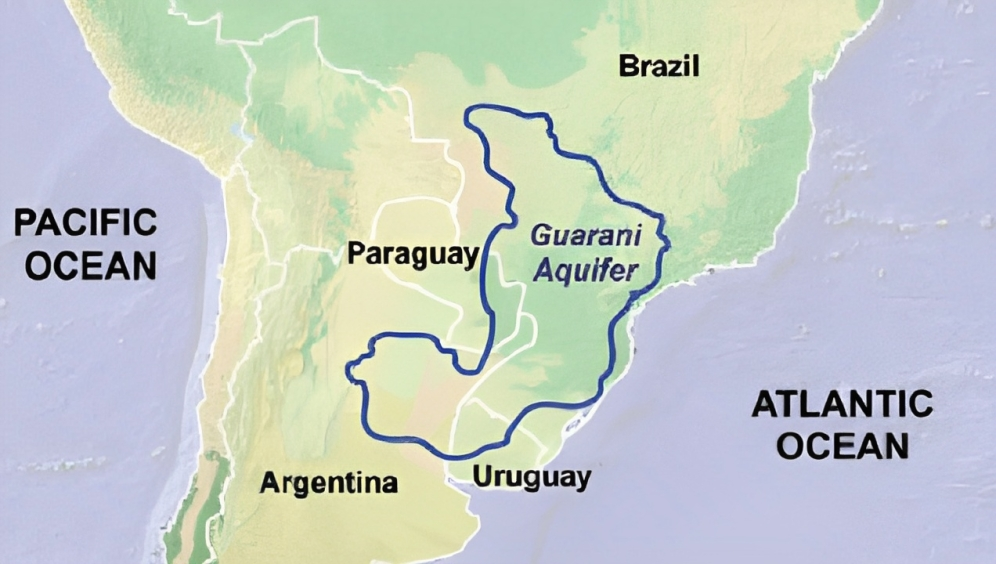Description

Copyright infringement not intended
Context: Brazil is facing a wave of protests by Indigenous groups who are opposing a new bill that would limit their rights to their ancestral lands. The bill was approved by the lower house of Congress on May 30, 2023, and is now awaiting a vote in the Senate and a signature by President.
Details
- The bill establishes that Indigenous people can only claim land they were occupying or had initiated legal proceedings to claim as on October 5, 1988, the date of Brazil's constitution. This means that many Indigenous groups who were forcibly displaced or had not yet been recognized by the state at that time will lose their chance to secure their land rights.
- The bill also opens the door for the exploitation of natural resources and the development of infrastructure projects on Indigenous lands, without prior consultation or consent from the affected communities. This could lead to increased deforestation, habitat loss, environmental degradation and violence against Indigenous people who depend on their lands for their survival and culture.
- The bill has been widely condemned by Indigenous leaders, human rights activists and environmentalists, who see it as a violation of Brazil's constitution and international treaties that guarantee the rights of Indigenous people. They also denounce the lack of dialogue and participation of Indigenous people in the legislative process that approved the bill.
One of the groups that are leading the resistance against the bill is the Guarani tribe, which lives in several states in southern and central Brazil. The Guarani have been fighting for decades to reclaim their lands from farmers and ranchers who have occupied them illegally. The Guarani say they will not give up their struggle for their rights and dignity. They call the bill a "legislated genocide" that aims to erase their history and culture. They say they are ready to defend their lands with their lives if necessary.
Guarani Tribe
- The Guarani people are one of the oldest and most diverse indigenous groups in South America.
- The Guarani language is part of the Tupian family, which includes many other languages spoken by native peoples in Brazil and neighbouring regions.
- The Guarani language has two main dialects: Eastern and Western.
- The Eastern dialect is more widely spoken and is one of the official languages of Paraguay, along with Spanish.
- The Western dialect is spoken mainly in Bolivia and some parts of Argentina.
- They originally inhabited a large area of land that covered parts of Paraguay, Argentina, Brazil, Uruguay, and Bolivia.
- The Guarani people faced many challenges and changes after the contact with Europeans. They were often exploited, enslaved, or killed by colonizers, missionaries, and settlers who wanted their lands and resources. Some of them resisted and fought back, while others adapted and assimilated to the new realities.
- Today, the Guarani people are still struggling to preserve their culture, language, and rights in a world that often marginalizes and oppresses them.
Must Read Articles:
Tribes in India: https://www.iasgyan.in/ig-uploads/pdf/info_tribes_of_India.pdf
|
PRACTICE QUESTION
Q. “Guarani Tribe” was frequently mentioned in the news. They are found in;
A) Africa
B) Central Asia
C) South America
D) North America
Answer: C
|

https://www.downtoearth.org.in/news/governance/-legislated-genocide-brazil-s-new-bill-restricting-recognition-of-tribal-land-sparks-massive-protests-89688
















